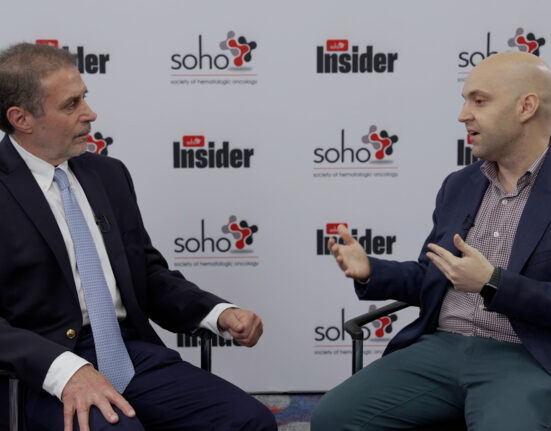By: Kerri Fitzgerald
A Finnish study found that patients with diffuse large B-cell lymphoma (DLBCL) who have low income levels have significantly worse survival outcomes.
Henri Kurttila, of the University of Eastern Finland, presented the study as part of the 18th International Conference on Malignant Lymphoma in Lugano, Switzerland.
The prospective study included 160 patients from 7 clinical hospitals in Finland between October 2016 and March 2020. Researchers assessed socioeconomic factors that were determined by a patient questionnaire and followed these patients for more than 2 years after diagnosis.
Most patients (57.5%) were aged 51 to 70 years. International Prognostic Index (IPI) scores were 0-2 in 50.6% and 3-5 in 47.5%.
The five-year overall survival (OS) rate for all patients was 69.5%, progression-free survival (PFS) was 70.5%, and disease-specific survival (DSS) was 75.3%.
Patients with a lower income (37.5% of the study population), defined as less than 1,500 euros a month, had inferior OS, PFS, and DSS compared with those making more than 1,500 Euros a month (62.5%).
Those without pensions (not retired) with second-level education had lower IPI scores (P=0.006), and those living alone had a lower Ann Arbor stage than those living with family (P=0.005).
Among patients with pensions (retired), IPI score was the most significant factor related to prognosis, though when the researchers excluded patients with pensions, IPI score did not impact prognosis but socioeconomic status did.
“These findings suggest the presence of non-biological factors that adversely affect prognosis in low-income patients,” the authors concluded.
The study is supported by Incyte International Sarl.
Reference
Kurttila H, Tokola S, Marin K, et al. Low socioeconomic status is associated with an inferior prognosis in diffuse large B-cell lymphoma patients despite the age. Abstract #299. Presented at the 18th International Conference on Malignant Lymphoma; June 17-21, 2025; Lugano, Switzerland.







